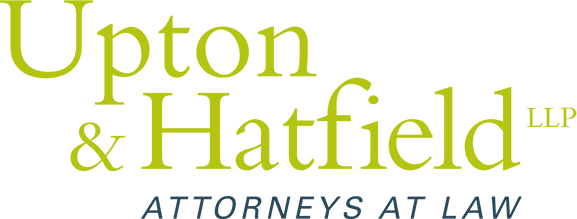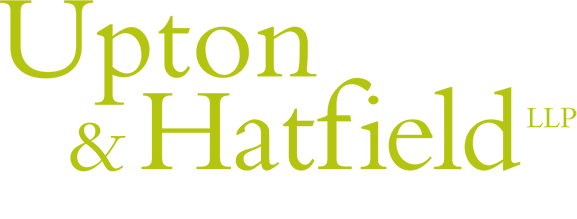With the uncertainty of the unfolding COVID-19 outbreak, employers and employees need answers to their questions. Here are a few points of guidance:
Workplace Safety
In general, employers and employees should implement social distancing in the workplace, encourage frequent handwashing, and sanitize frequently touched surfaces. For those looking for more information, OSHA has published guidance on preparing the workplace for COVID-19. Please note that this guidance is not a change to the current regulations and does not create new legal obligations.
Employers may also require employees who have traveled to quarantine, but employers should be careful to implement any such policy in a way that is not discriminatory based on membership in a protected class, such as race or national origin.
Employers may send employees exhibiting COVID-19 symptoms home. Again, any policy should be implemented in a way that does not discriminate based on membership in a protected class, such as race or national origin.
Employee Sick Leave
Employers should encourage employees who are sick to stay at home. Employers may allow employees to use accrued leave time to cover an absence. Any policy about using leave time should be implemented in a way that does not discriminate based on membership in a protected class, such as race or national origin.
Governmental sick leave benefits are rapidly evolving.
On March 17, 2020, Governor Sununu issued an executive order increasing access to New Hampshire unemployment benefits. The order is available here. In general, the order:
- Suspends the waiting period for filing for unemployment benefits;
- Provides that employees, self-employed individuals, and independent contractors are eligible for benefits when their total or partial unemployment is necessary because:
- The individual has a current diagnosis of COVID-19;
- The individual is quarantined (including self-imposed quarantine), at the instruction of a healthcare provider, employer, or government official, to prevent the spread of COVID-19;
- The individual is caring for a family member or dependent who has COVID-19 or is under quarantine related to COVID-19; or
- The individual is caring for a family member or dependent who is unable to care for themselves due to the COVID-19 related closing of their school, child care facility, or other care program.
- Unemployment benefits paid under this order will not be assigned against the account of the employee’s most recent employer.
The United States Congress is working on several bills in response to COVID-19. One bill would amend the FMLA in response to COVID-19 to provide for protected, paid leave to employees for illness, quarantine, or child-care related absences. Another bill would provide emergency paid sick leave to employees for COVID-19 related absences. We are monitoring the status of these bills.
Remote Work
Permitting or encouraging employees to work from home is an effective way to prevent transmission of COVID-19. To maintain productivity, employers and employees should make their remote working situation as normal as possible. Setting up a dedicated space, scheduling regular check-ins, and maintaining regular “office hours” can all be helpful.
Remote work may be a reasonable accommodation for employees who have disabilities that increase their risk of developing severe symptoms from COVID-19. If an employee has a condition which may make them more at risk of developing severe symptoms from COVID-19, employees should engage in an interactive process with their employer.
As always, employers and employees should contact an employment attorney if they have questions. Upton & Hatfield is ready to help you.


